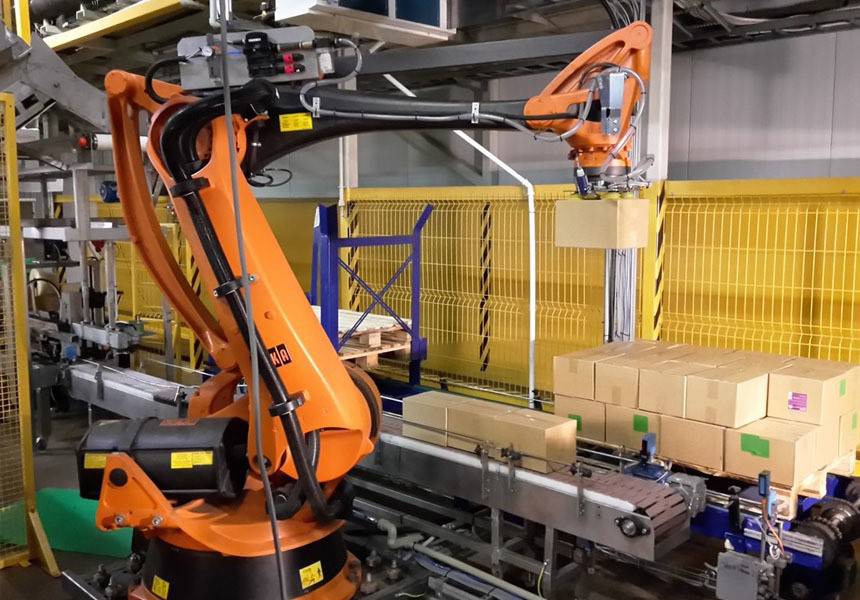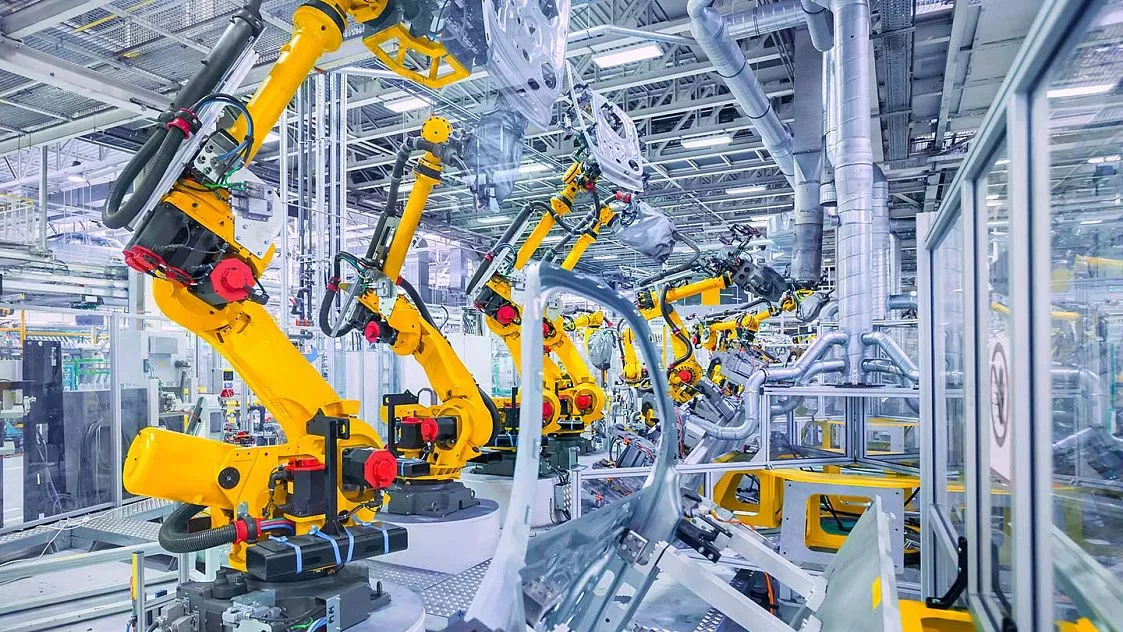The Human Factor in the Age of Automation: Challenges and Opportunities
Author: Диана Калашникова

The era of automation in which we live has become a key moment in the history of mankind. Innovations in technology, such as artificial intelligence, robotics, and automated systems, are significantly changing the way we produce, manage, and interact in various areas of life. However, despite all the benefits of automation, the human factor remains an important and integral element of this transformation. In this article, we will look at the challenges and opportunities that automation brings to humans and discuss how to maintain a balance between technology and human contribution.
Automation Challenges
1. Job losses
One of the most pressing challenges associated with automation is the potential loss of jobs. Modern technology allows robots and algorithms to perform tasks that previously required human involvement. This could lead to job losses in a number of industries, such as manufacturing, transportation, and even some service industries. Examples include automated assembly lines, contactless checkouts in stores, and warehouse management systems.
2. Inequality and social consequences
Automation can contribute to increasing social inequality. People with high qualifications and adaptability abilities can benefit from new opportunities, while less skilled workers may face difficulties. This can exacerbate economic inequality and create additional social problems.
3. Data security threat
With the increasing use of automated systems, so does the risk of data breaches and cyberattacks. Information systems that manage important aspects of business and personal life can become a target for malicious attacks. Data security issues can lead to serious financial losses and privacy breaches.
4. Difficulties in learning and adaptation
The transition to automated systems requires employees to learn new skills and knowledge. Learning and adapting to new technologies can be complex and resource-intensive. Lack of training and skills can be a barrier to the successful integration of new technologies.
Automation capabilities
1. Increase efficiency and productivity
Automation can significantly improve efficiency and productivity in a variety of areas. For example, in manufacturing, automated systems can perform tasks faster and more accurately than humans, allowing for shorter production times and lower costs. It can also lead to improved product quality and increased production.
2. Improving the quality of life
Automation can lead to significant improvements in the quality of life. Robots and automated systems can perform tasks that are dangerous or difficult for humans, such as working in extreme conditions or performing routine and monotonous tasks. This allows people to focus on more interesting and creative activities.

3. Creating new jobs and opportunities
While automation may lead to the elimination of some jobs, it also creates new opportunities. New professions related to the development, maintenance and management of automated systems are emerging. In addition, new technologies can contribute to the development of innovative business models and sectors of the economy.
4. Improving safety and health protection
Automation can significantly improve workplace safety and health. Robots can perform dangerous work that could previously lead to injuries, and automated systems can monitor working conditions and prevent accidents.
The role of the human factor
1. Creativity and innovation
While machines can perform routine tasks, they cannot yet replace human creativity and the ability to innovate. People are able to generate new ideas, approaches, and solutions that can lead to significant breakthroughs and improvements. The human factor plays a key role in the development of new technologies and their application.
2. Emotional intelligence and interaction
The human factor is also important in the field of interaction and service. Emotional intelligence and the ability to understand and consider the needs of others remain uniquely human qualities. In areas related to customer service, psychology and management, human interaction and understanding remain indispensable.
3. Ethical and moral aspects
Automation raises important ethical and moral questions. For example, who is responsible for the actions of automated systems, and how to ensure that technology is used in the public interest? Human guidance and ethical awareness are needed to address these issues and ensure the equitable use of technology.
Conclusion
The human factor remains an important aspect in the age of automation. While technology offers many opportunities to increase efficiency and improve the quality of life, it also poses new challenges and risks. For the successful integration of automation into society, both technological and human aspects must be taken into account in order to ensure the harmonious development and use of new technologies. Balancing automation and human input will be key to creating a more efficient, safer, and fairer future.
Popular Articles

